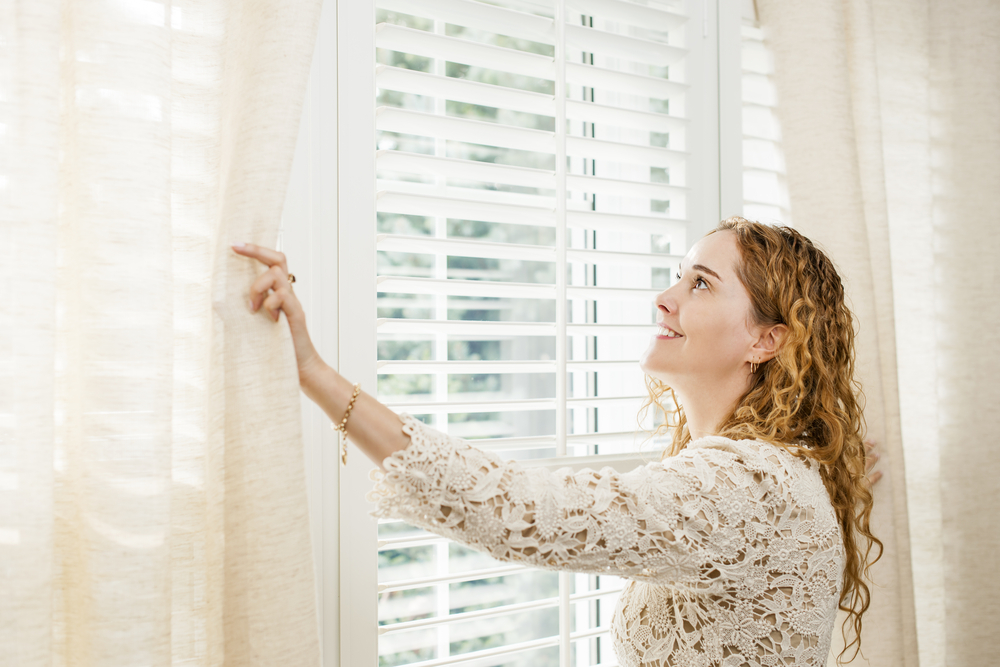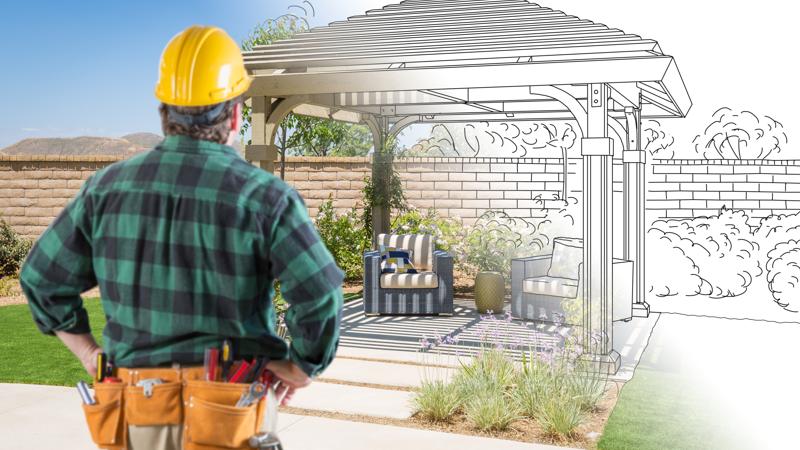Enhance Your Home with the Perfect Window Blinds
Discover how the right window blinds can transform your living space and add style and functionality to your home. Find the perfect window blinds to enhance your space today.
Window treatments are a fundamental aspect of interior design that serve both functional and aesthetic purposes. Among the plethora of options available, window blinds stand out as a versatile and popular choice for homeowners and businesses alike. They offer control over light and privacy while contributing to the decor of any space. This comprehensive guide will delve into the various window blind options available, the benefits they offer, the essential factors to consider when selecting them, advice on choosing the right window treatment for your needs, and an overview of cost considerations.

Window Blind Options
The market offers a myriad of window blind options, each with its unique features, styles, and materials. The most common types include:
- Vertical blinds: Ideal for patio doors and large windows, vertical blinds have individual slats that run along a track at the top of the blind. They can be tilted or drawn to one side to control light and privacy.
- Venetian blinds: Composed of horizontal slats attached above one another, Venetian blinds are one of the most classic styles. They can be made from various materials such as wood, plastic, or metal.
- Roller blinds: As the name suggests, these blinds roll up to open, using a cord or spring mechanism. They come in a range of materials and patterns and offer a sleek, minimalist look.
- Roman blinds: These blinds fold into pleats when raised. They are typically made from fabric and can add a touch of elegance to any room.
- Cellular shades: Known for their energy efficiency, cellular shades are made of pleated materials that form compartments resembling honeycombs. These compartments trap air and provide insulation.
- Panel track blinds: Similar to vertical blinds, panel track blinds slide on a track but have wider panels. They are suitable for large windows and function as a room divider as well.
- Smart blinds: Incorporating technology, smart blinds can be controlled remotely via smartphones or voice commands. They can also be programmed to open and close at specific times.
Benefits of Blinds
Blinds offer a variety of benefits that make them an attractive option for window treatments:
- Light control: Blinds allow you to adjust the amount of light entering a room with precision. This control can protect furniture from UV rays and help manage the room's temperature.
- Privacy: By adjusting the slats or rolling down the shade, blinds provide privacy without sacrificing natural light.
- Energy efficiency: Certain blinds, like cellular shades, offer insulation that can reduce energy costs by keeping a room cooler in the summer and warmer in the winter.
- Easy maintenance: Most blinds are easy to clean and maintain, requiring only a quick wipe or dusting.
- Versatility: With a wide range of materials, colors, and styles, blinds can complement any decor and fit any window size.
Things To Look For
When purchasing blinds, there are several factors to consider to ensure you select the best option for your space:
- Material durability: Depending on the room's environment, choose materials that can withstand moisture for bathrooms or kitchens and are easy to clean.
- Safety: Especially in homes with children or pets, look for blinds with safety features like cordless operation or retractable cords.
- Light filtering or blackout: Consider whether you want blinds that filter light and provide a soft glow or blackout blinds for complete darkness.
- Operation: Decide between manual blinds or motorized options for added convenience and accessibility.
- Style and decor: Select blinds that match your personal style and the room's decor, whether it's modern, traditional, or eclectic.
How To Choose The Right Window Treatment
Choosing the right window treatment involves assessing your needs and the specific characteristics of the space where the blinds will be installed:
- Purpose: Determine if the primary goal is light control, privacy, energy efficiency, or aesthetics.
- Window size and location: Measure the windows accurately and consider how the blinds will operate in relation to the window's location and usage.
- Interior design: Choose blinds that complement the existing decor and color scheme of the room.
- Budget: Establish a budget to narrow down choices and explore options within your price range.
- Consultation: Don't hesitate to seek advice from professionals who can provide insights and recommend options tailored to your requirements.
Cost
The cost of window blinds varies widely based on the type, material, brand, size, and customization options. Basic vinyl or aluminum Venetian blinds may be quite affordable, while high-end, custom-sized wooden or smart blinds will cost significantly more. On average, homeowners can expect to spend anywhere from $100 to $1,000 and above per window for quality blinds, including installation. It's important to factor in the long-term benefits such as durability, energy savings, and ease of use when considering the cost of blinds.
Window blinds are a functional and stylish addition to any space, offering light control, privacy, energy efficiency, and aesthetic appeal. With the vast array of options available, selecting the right blinds can seem daunting. However, by understanding the different types of blinds and their benefits, considering the important factors and features, and determining the appropriate budget, homeowners can make an informed decision that enhances their living or work environment. While cost is an important consideration, investing in the right window blinds can lead to long-term satisfaction and comfort. Remember, the best window treatment is one that seamlessly integrates with your lifestyle and decor while providing the functionality you need.











